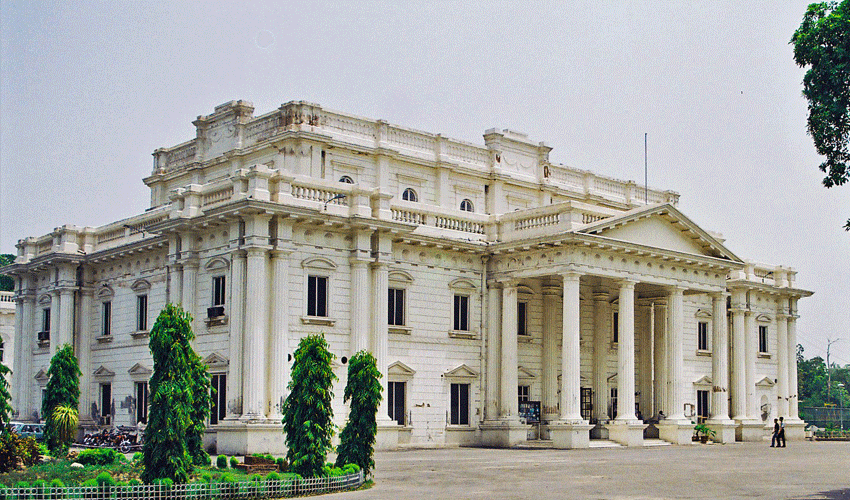In a significant development for Punjab's knowledge infrastructure, the province's public libraries have received Rs71 million worth of new books, marking the first large-scale acquisition in nearly three decades.
The initiative is part of a broader push to modernize the library system and provide Punjab's youth with access to contemporary literary and academic resources.
Kashif Manzoor, the Director General of Public Libraries in Punjab, announced that the books were purchased within the first 18 months of his tenure. He described the acquisition as a vital step in revitalizing libraries that had long been devoid of fresh materials.
"This is the first time in 27 years that such a substantial investment has been made in acquiring books for public libraries," Manzoor stated.
"Our goal is to strengthen the intellectual foundation of Punjab's youth and provide them with the tools to succeed in a rapidly evolving world."
Manzoor's commitment to improving library offerings is evident in his personal contributions as well. He revealed that he has purchased numerous books from his own resources, with a particular focus on the Quaid-e-Azam Public Library in Lahore. His efforts to enhance the library's collection have added thousands of books, including works across various genres and academic disciplines.
In a notable international collaboration, the United States government has also played a key role in advancing Punjab’s public library system. With an investment of Rs50 million, the U.S. government has funded the establishment of a Lincoln Corner Smart Library within the Quaid-e-Azam Public Library.
The center, which aims to serve as a “mini American center,” will provide access to a wide array of American literature, magazines, and educational resources, promoting cultural exchange and intellectual engagement.
This library is the sixth Lincoln Smart Library in Punjab, and the second in Lahore, following the successful launch of one at the Arfa Karim Tower.
As part of the ongoing modernization effort, Manzoor emphasized the importance of transitioning public libraries to digital platforms.
The Quaid-e-Azam Public Library, in particular, is set to join the e-library network, which will further enhance access to digital resources. “We are working to modernize the entire public library system, and this is just the beginning,” he said.
In addition to the digitization efforts, Manzoor has put forward a proposal aimed at modernizing how students access learning materials. Rather than distributing laptops, he suggested that the government provide tablets preloaded with 10,000 to 20,000 officially approved e-books.
According to Manzoor, this approach would not only be more cost-effective but also better aligned with the learning needs of today's students.
"Tablets will be more practical and affordable for students, and the e-books will allow them to access a wealth of knowledge at their fingertips," he explained.
This renewed focus on libraries, both physical and digital, reflects a growing understanding among policymakers in Punjab of the importance of knowledge economies in shaping the future.
Libraries, once viewed as relics of the past, are now being recognized as crucial assets for fostering intellectual growth and preparing young people for the challenges of the 21st century.



























